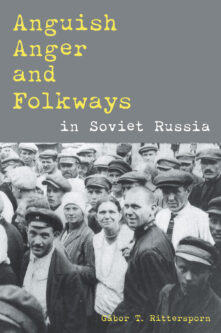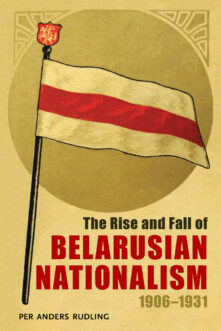Books
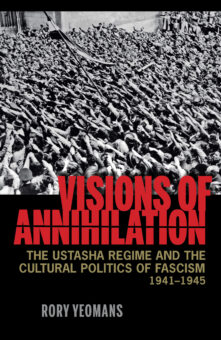
Visions of Annihilation
The Ustasha Regime and the Cultural Politics of Fascism, 1941–1945
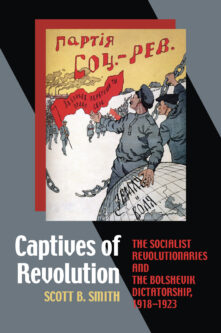
Captives of Revolution
The Socialist Revolutionaries and the Bolshevik Dictatorship, 1918–1923
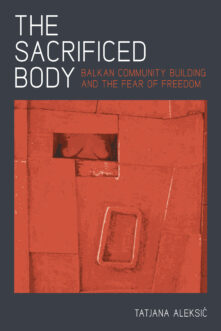
The Sacrificed Body
Balkan Community Building and the Fear of Freedom
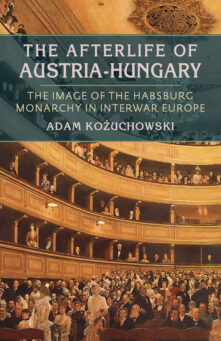
The Afterlife of Austria-Hungary
The Image of the Habsburg Monarchy in Interwar Europe
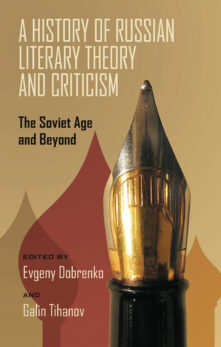
A History of Russian Literary Theory and Criticism
The Soviet Age and Beyond
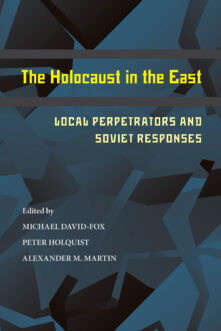
The Holocaust in the East
Local Perpetrators and Soviet Responses
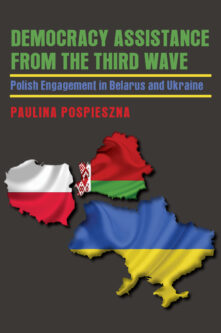
Democracy Assistance from the Third Wave
Polish Engagement in Belarus and Ukraine
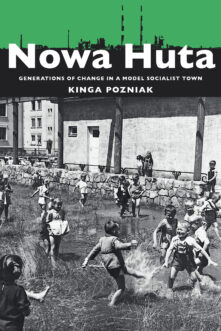
Nowa Huta
Generations of Change in a Model Socialist Town
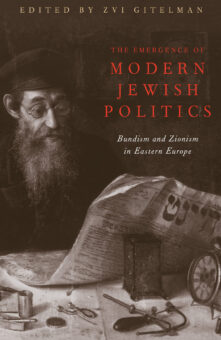
The Emergence Of Modern Jewish Politics
Bundism And Zionism In Eastern Europe
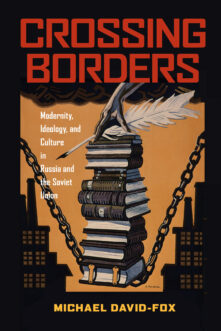
Crossing Borders
Modernity, Ideology, and Culture in Russia and the Soviet Union
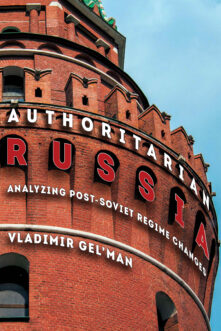
Authoritarian Russia
Analyzing Post-Soviet Regime Changes
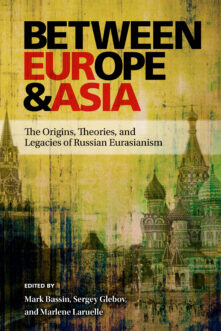
Between Europe and Asia
The Origins, Theories, and Legacies of Russian Eurasianism
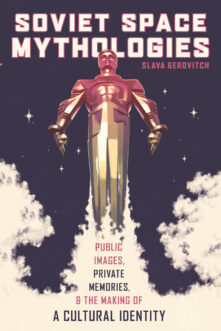
Soviet Space Mythologies
Public Images, Private Memories, and the Making of a Cultural Identity
Total 113 results found.


